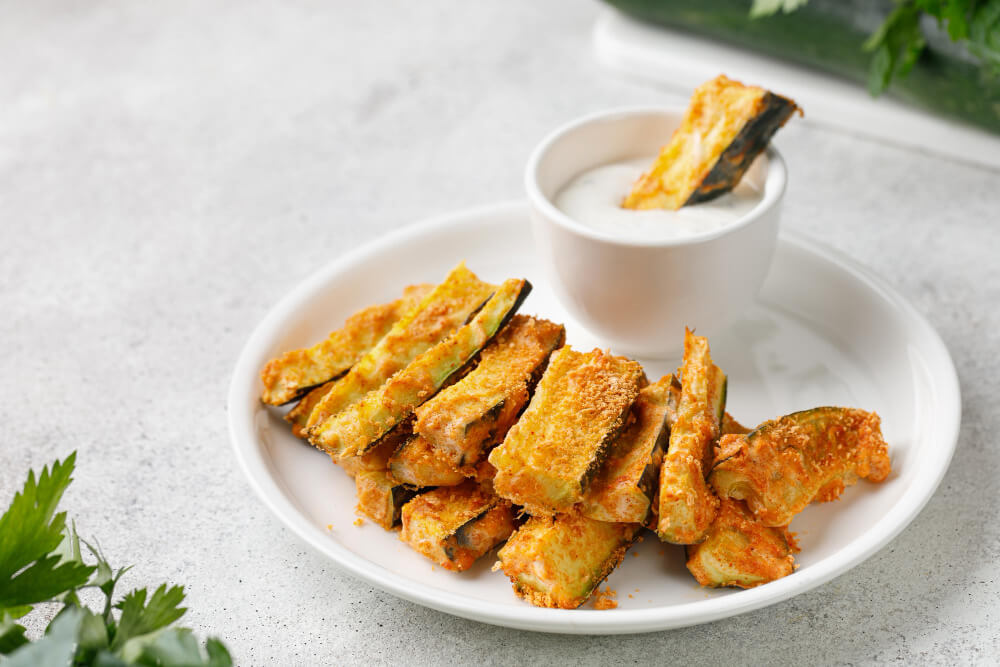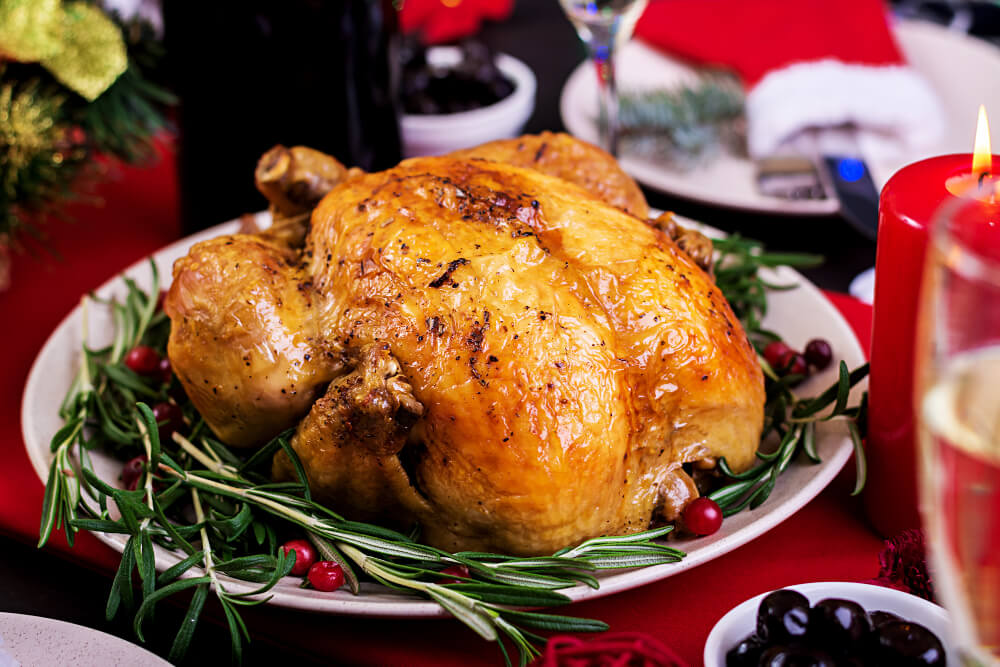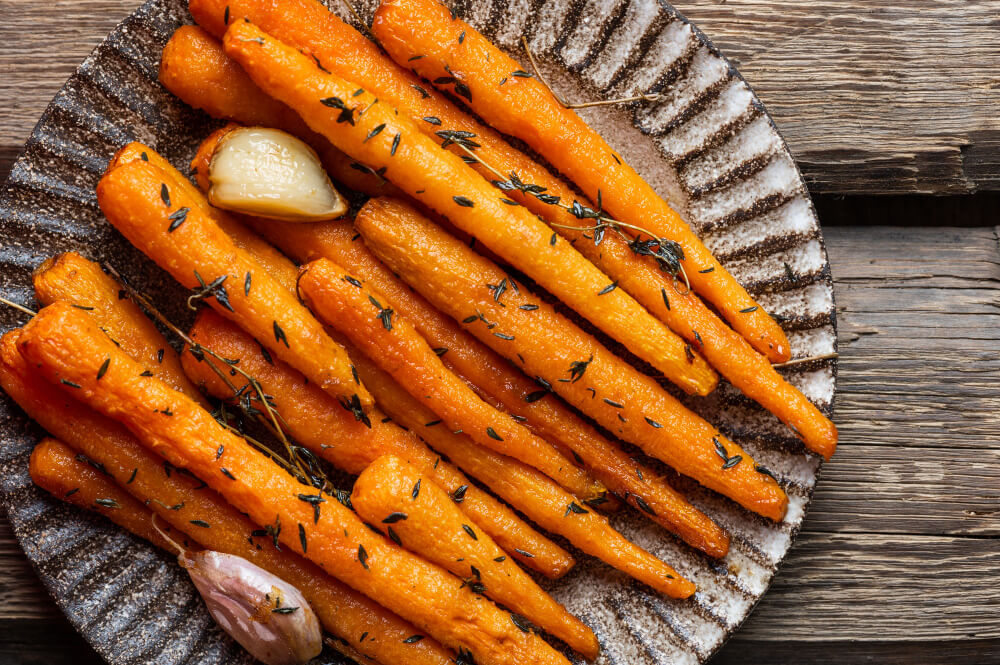
Together with your knife, wooden cutting board, and other kitchen essentials, a well-seasoned cast iron skillet holds an unrivaled position in the culinary world. While many people believe that the only way to season a cast iron is with an oven, there's a simple and effective alternative that bypasses the oven altogether. Say goodbye to rust and hello to a beautifully seasoned cast iron without an oven!
In this article, we'll reveal the secrets behind the seasoning process, showing you how to use your stovetop to prepare your pan properly. This technique ensures the care of your cast iron cookware, creating a natural non-stick surface that's perfect for cooking all your favorite dishes. Not only will you save energy, but you'll also achieve a perfectly seasoned skillet in no time.
Ready to unlock the full potential of your cast iron cookware? Join us as we explore the stovetop method that will change the way you care for your beloved cast iron, and make your kitchen a more versatile and efficient space. Read on to learn the stovetop secrets that will elevate your culinary game!
What Does Seasoning Do With Your Cast Iron Cookware?
Before diving into the world of cast iron cookware, it's essential to understand the purpose and benefits of seasoning your cast iron skillets. Seasoning is a crucial step in ensuring the longevity of your cast iron and preserving its unique cooking properties.
Seasoning serves multiple purposes, such as protecting the surface from getting scratched and keeping rust from cast iron. Cast iron skillets are renowned for their durability, but they are also susceptible to rust and damage when exposed to moisture or acidic foods. The seasoning process creates a protective layer on the cooking surface that safeguards the pan against these elements.
This protective coating also helps to prevent rust, which can form on cast iron cookware when it comes into contact with water or moisture. A well-seasoned skillet will repel water, reducing the chances of rust forming and compromising the integrity of your pan.
Another benefit of seasoning is that it prevents the build-up of rancid flavors that can occur when oils and fats break down on the cooking surface. A well-seasoned cast iron pan will create a natural, non-stick surface that allows for easier cooking and cleaning.
When you get a new cast iron pan, it's crucial to season it properly before using it. This initial seasoning process will create the foundation for the protective coating that will develop over time, ensuring the pan remains rust-free and maintains a smooth, non-stick surface.
To sum up, seasoning your cast iron cookware is a vital step in protecting it from rust, scratches, and rancid flavors, as well as creating a non-stick cooking surface. By seasoning your cast iron skillets correctly and maintaining their protective coating, you'll enjoy years of versatile and durable cooking experiences.
Learn How to Season Cast Iron Without an Oven With These Simple Steps
Clean & Dry Your Cast Iron
Before starting the seasoning process, make sure your cast iron is clean. Use a gentle scrub to remove any debris or rust. After cleaning, use a paper towel to ensure the pan is completely dry.
Add a Layer of Oil
Choose a cooking oil with a high smoke point for cast iron seasoning, such as canola or avocado oil. Pour a small amount of oil into the pan and use a paper towel to spread a thin layer of oil evenly across the entire surface, both inside and out.
Use Stove or Grill
Place the cast iron pan on a stove top or grill burner and preheat to medium heat for about 10 minutes. This method to season cast iron pan or skillet is perfect for those who prefer not to use an oven.
Move It Around Until It Smokes
As the pan is getting hot, keep an eye on it. When it begins to smoke, it's time to move on to the next step.
Cool Down and Wipe
Carefully remove the pan from the heat and let the pan cool down for a few minutes. Using a clean paper towel, wipe away any excess oil. This will help ensure the seasoning doesn't stick to the pan.
Re-Season and Repeat the Process Three to Four Times
To build up a durable layer of seasoning, repeat the entire process three to four times. This will ensure a proper coating on your cast iron for a natural, non-stick surface.
By following these steps, you can effectively season your cast iron pan or skillet without placing your pan inside an oven. Just remember, when using cast iron cookware, always clean it immediately after use to prevent rust and keep the surface well-seasoned. Add a thin layer of oil before storing to maintain the non-stick surface and protect against moisture.
With this stovetop method, you can enjoy the benefits of a well-seasoned cast iron without the need for an oven, making it an accessible and convenient option for anyone.
Storage Tips for Seasoned Cast Iron Cookware

Storing your seasoned cast iron cookware correctly is crucial in preserving its quality and longevity. Proper care of your cast iron pan will ensure it remains a reliable and essential tool in your kitchen for years to come. Here are some storage tips to keep your cast iron in pristine condition:
- Always dry the pan completely: Before storing, ensure the pan is thoroughly dry to prevent the formation of rust. Use a clean towel or paper towel to wipe away any moisture, even if you don't plan to use your cast iron pan immediately.
- Apply a light coating of oil: After drying, apply a thin layer of oil for cast iron seasoning to maintain its non-stick surface and protect it from moisture. Choose an oil with a high smoke point, such as canola or avocado oil. This step is essential in caring for your cast iron cookware.
- Avoid stacking other cookware on top: When you store your cast iron, avoid placing heavy pots and pans on top of it, as this can cause scratches or damage to the seasoned surface. If you must stack your cookware, place a layer of plastic wrap or a cloth between the cast iron and the other items to protect the surface.
- Store in a dry, cool place: To prevent rust and maintain the pan's seasoning, store it properly in a dry, cool area. Avoid exposing your cast iron to moisture or humidity, which can lead to rust formation.
- Hang it up, if possible: If you have the option, hang your cast iron cookware on a wall or pot rack. Putting the pan or hanging it in an open space allows for better air circulation, which helps to keep the pan dry and prevents any moisture from being trapped.
- Use it regularly: The more you use your cast iron pan, the better seasoned it will become. Regular use helps to maintain and improve the non-stick surface, ensuring optimal performance.
By following these storage tips, you can preserve the quality of your seasoned cast iron cookware and enjoy its unique cooking properties for many years. Proper care and storage will make your cast iron a valuable asset in your kitchen, allowing you to create delicious meals with ease.
Conclusion
In conclusion, seasoning and properly caring for your cast iron cookware is essential to maintain its longevity, performance, and non-stick surface. By following the steps outlined above, you can season your cast iron without an oven, and by storing it correctly, you can preserve its quality for years to come.
Remember, a well-seasoned cast iron pan is an indispensable tool in your kitchen, so don't leave the pan unattended or skip the necessary care. The coating on your pan provides protection against rust and ensures a smooth cooking surface, making your culinary experience even more enjoyable.
Related Articles
Related Products You Might Like
Having the right accessories in your kitchen is vital for a seamless cooking experience. One such essential accessory is a wooden cutting board.
At Mevell, we offer 100% Canada-made wooden cutting boards perfect for serving, slicing, and everything in between. When you're using your pre-seasoned cast iron skillet, you'll want a reliable cutting board to pair with it.
Our cutting boards are designed to withstand daily use and provide a safe, durable surface to work with, just like your well-seasoned cast iron. Make sure to invest in quality products like these to elevate your culinary journey.



